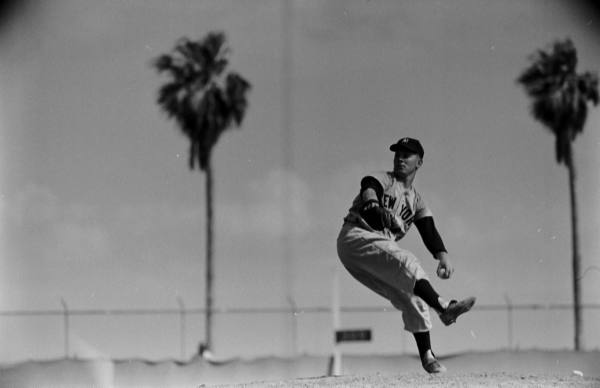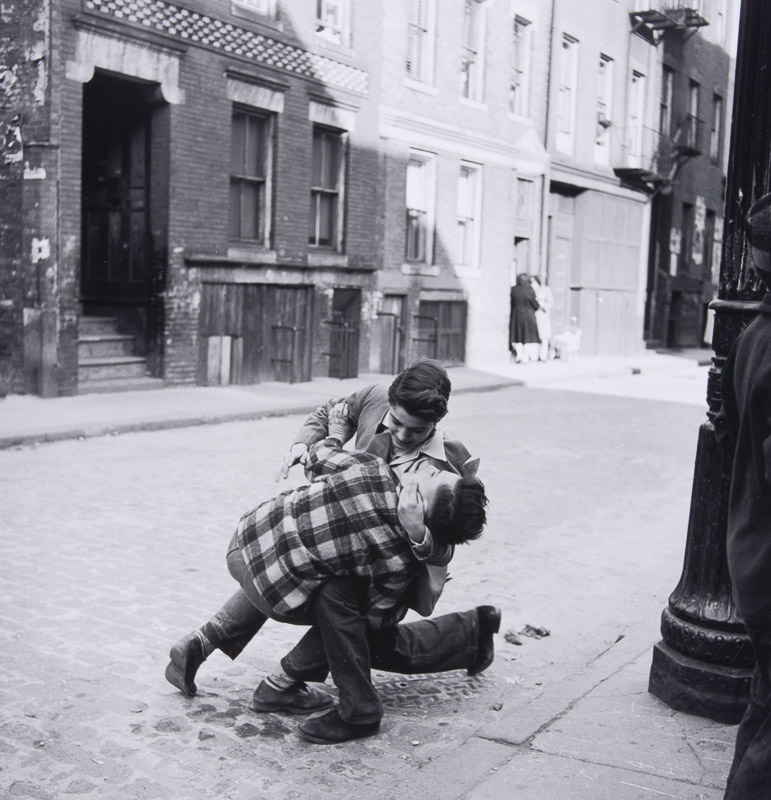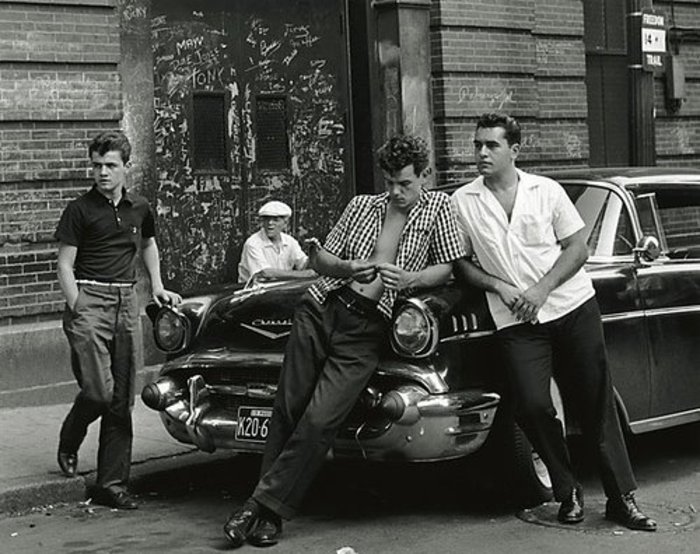
The reigning Booker Prize winner hardly needs my seal of approval, but I’ll give it anyway: Hilary Mantel’s Wolf Hall is wonderful.
The bravest — and most exciting and troubling — aspect of the book is the decision to heroize Thomas Cromwell. Mantel’s Cromwell, steeled by a brutal childhood and an apprenticeship on the continent as a mercenary and then a merchant, is a true man for all seasons. Early in the book, he steps onstage a sort of sixteenth-century James Bond:
Thomas Cromwell is now a little over forty years old. He is a man of strong build, not tall. Various expressions are available to his face, one is readable: an expression of stifled amusement. … It is said that he knows by heart the entire New Testament in Latin … His speech is low and rapid, his manner assured; he is at home in courtroom or waterfront, bishop’s palace or inn yard. He can draft a contract, train a falcon, draw a map, stop a street fight, furnish a house and fix a jury. He will quote you a nice point in the old authors, from Plato to Plautus and back again. He knows new poetry, and can say it in Italian. He works all hours, first up and last to bed. He makes money and spends it. He will take a bet on anything.
He is never at a loss for words, out-bantering the cleverest courtiers even as he out-maneuvers them. He is sophisticated and well traveled, in an England that is still a small, grim island. Most of all, he has a modern sensibility. He alone understands that the true source of power is trade and finance — money — of which he is a master.
The world is run … not from castle walls, but from countinghouses, not by the call of the bugle but by the click of the abacus, not by the grate and click of the mechanism of the gun but by the scrape of the pen on the promissory note that pays for the gun and the gunsmith and the powder and shot.
As if all that were not enough to send readers swooning, Mantel’s Cromwell is warm and sympathetic. He takes in orphans and stray cats, and treats women with respect. He is “unfailing in his amiable courtesy.”
Even his voice is seductive to a modern reader. The story is told in a close third-person: we see through Cromwell’s eyes, we hear his thoughts, but the narrative voice is not the campy faux-Tudor pastiche of costume dramas. Mantel finds a perfect tone — “robust modern English but with a slight twist,” she has called it. The language is salted with just enough anachronism and period detail to keep the reader convincingly in Henry’s England, while at the same time making Cromwell’s voice familiar and accessible. This Cromwell is a man we can understand. He does not sound so different from, say, Dick Cheney: amoral, yes, but also cool, supremely capable, a man of reason. If he tortures, it is only because he must, for king and country.
In fact, the only indications of Cromwell’s cruelty come from others. His stepson worries that Cromwell might drown him: “He thinks you would do anything.” The king says he is “as cunning as a bag of serpents.” But we, the readers, rarely see it firsthand and never quite believe it.
The sainted Thomas More, on the other hand, is the king’s zealous torturer-in-chief, in Mantel’s telling. Sir Thomas personally supervises the racking of heretics at the Tower. Even in his own home, according to rumor, he “keeps suspects in the stocks, while he preaches at them and harries them: the name of your printer, the name of the master of the ship that brought these books into England.” More wears a hair shirt next to his skin and flagellates himself daily. If not a villain, exactly, he is certainly not the hero Robert Bolt described, the modern, the man of conscience.
It is not hard for me to imagine More as Mantel has drawn him, but it is worth noting how bold her portrait of Cromwell is. The traditional view is that Cromwell was not James Bond but Darth Vader.
… one of the most ruthless and powerful operators ever to dominate the politics of [England].
His mastery of the black arts of spin and propaganda, of flattery, patronage and sudden betrayal, make the most ruthless modern politicians seem mild by comparison.
He ran a spy network that was the nearest thing a 16th-century regime could get to the Stasi, saw off his foes with trumped up charges of adultery and revelled in the torture of his enemies.
In a reign of unadulterated terror against the Church, he masterminded the dissolution of the monasteries and the biggest land grab since the Norman invasion of 1066 — seizing one-sixth of the nation’s wealth and turning it over to his master, the King.
One comes away from this brilliant, utterly convincing novel with the disturbing impression that Thomas Cromwell is our “man for all seasons,” he is the slippery sort of hero we deserve. Mantel has denied that Wolf Hall is an allegory of contemporary politics. In fact, she has been nursing the idea for this novel, apparently, since the 1970s. But her Cromwell obviously resonates today, as Robert Bolt’s idealized vision of Thomas More did fifty years ago. Then — after two world wars, the Holocaust, the Gulag, the Cold War — we dreaded government tyranny and we lionized the lone steadfast man who resisted it, who laid down his life for the idea of principle over expediency. Now the enemy is not a government. Our bogeyman is a hair-shirted religious fanatic willing to die for his faith. And we raise up the amoral strongman and tactician, the ultimate government insider who will use any weapon to protect us. In an era of “enhanced interrogation” and “my country right or wrong,” Thomas Cromwell is our man. One generation’s villain is another’s hero, I guess.
Image: Detail from Hans Holbein’s portrait of Thomas Cromwell, painted around 1532-33 (and Photoshopped here). Holbein himself appears in Wolf Hall as a friend of Cromwell, and this painting is mentioned several times. Toward the end of the novel, Holbein finally delivers the picture to his patron. Cromwell remarks that it makes him look like a murderer. His son responds, “Did you not know?” The painting now hangs at the Frick in New York, along with Holbein’s portrait of Thomas More.


